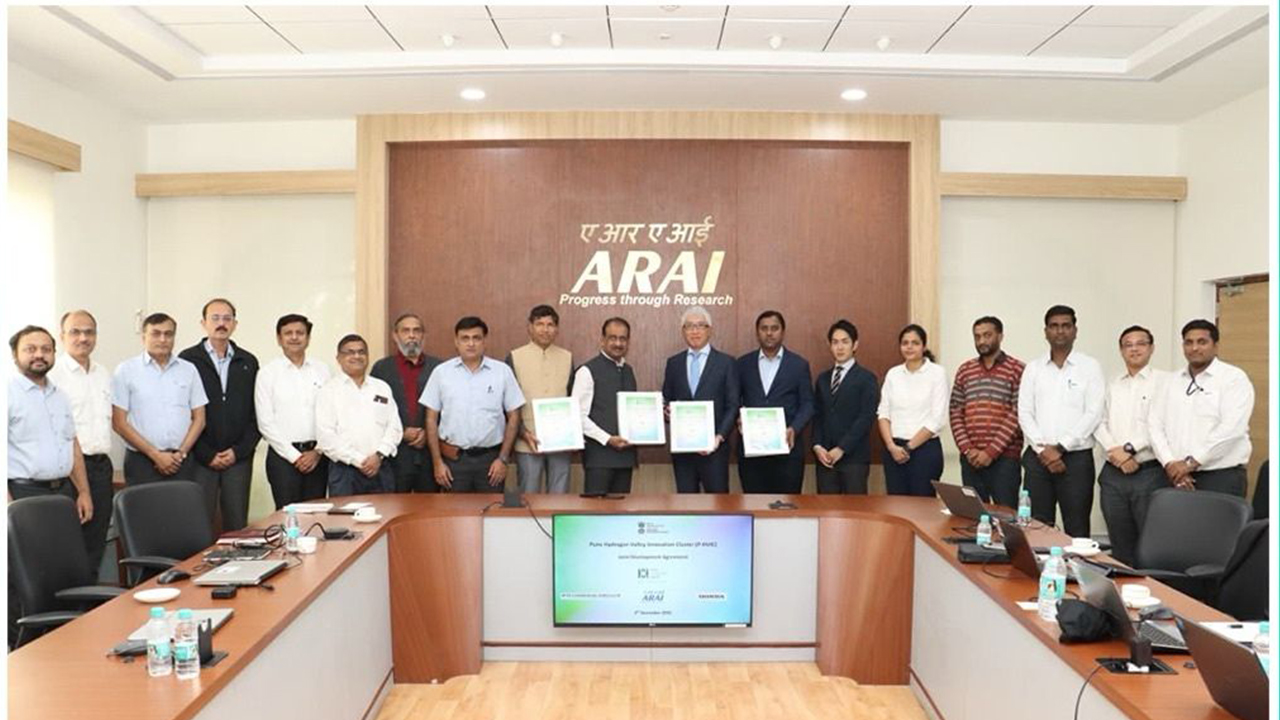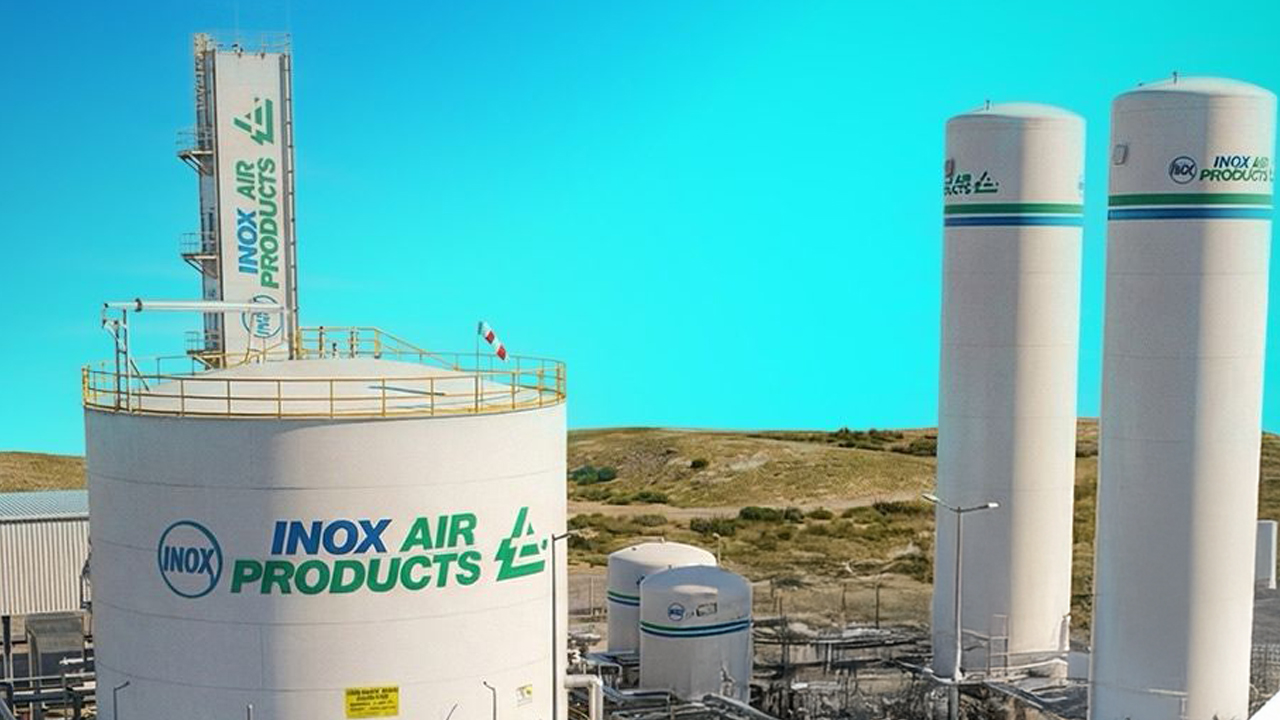The chemical industry creates a massive amount of pollution in various mediums and affects the environment drastically, hence it is essential to regulate the waste and pollutant discharge. Narasimha Sastry Sridhara, Unit Head, Grasim Industries, Chemical Division, Renukoot shares with Pro MFG Media the significance of Environmental Social Governance (ESG) and safety in the chemical industry.
The Environmental Social Governance’s (ESG) performance has moderate impacts on the larger corporate whereas the small and medium scale companies face greater effects. However, one cannot ignore ESG and it will always remain one of the constant aspects in any industry.
Every organization or corporate has their own governance and culture while some may address it as an idiosyncratic government but governance in the long run may have broad impact. Safety should be primarily essential and in between the environment and safety - safety turns out as an acute. Safety management is highly essential as in the past six months, we have witnessed numerous incidents which occurred at Vizag, Bharuch, and in some power plants that are considered as acute incidents. The organizations cannot ignore the incidents because the pain is too acute.
The environment issues such as air emission, waste discharge in water, hazardous waste management are chronic although, due to National Green Tribunal activism in India, even these issues are considered as acute. Nevertheless, these are chronic issues which can be improved gradually with the help of technologies.
It is often said that the development and pollution cannot go hand in hand, but they are correlated extensively. For example, the organizations converting Flue-gas desulfurization to preferred blends, release pollutants in the process but we are just shifting the platform of the pollution from air to soil thus, transferring from one pollutant to another pollutant and creating a chain of pollutants in various elements. However, Developed and European countries have adopted Incineration rather than TSDF — Treatment, Storage, and Disposal Facilities wherein they burn waste and generate fuel. Such practices are yet to be implemented in India.
Environment is definitely at the top of the ESG in terms of current liabilities and long-term liabilities. The challenge for funds in India still remains constant and turning various systems such ISO 9000 as market instruments results in more chaos. The Six sigma also couldn’t escape and instead of utilizing the systems as operating or strategy philosophy, they were turned as market instruments.
In order to navigate the risks, it is essential to build the ESG system but at the same time, it is crucial to manage the safety at the ground level. This safety can be achieved by adopting inherently safer designs and controlling the process. The processes and profitability should go hand in hand to create a balanced environment. We should respect the ESG ratings but shouldn’t forget to keep working towards creating a basic life by enhancing the robustness of the processes and improving on a regular basis.
NEWSLETTER
TRENDING ON PRO MFG
MORE FROM THE SECTION









